Featured College
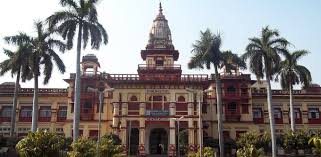
Banaras Hindu University (BHU)
Established In: 1916
Approved by: NAAC.
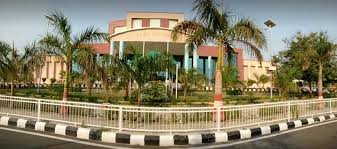
Babasaheb Bhimrao Ambedkar University (BBAU)
Established In: 1996
Approved by: NAAC.
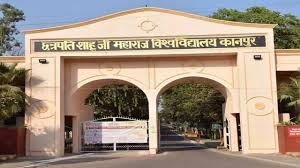
Chhatrapati Shahu Ji Maharaj University (CSMU)
Established In: 1996
Approved by: NAAC.
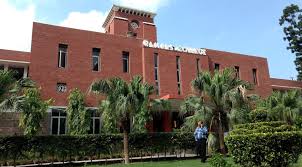
Ramjas College
Established In: 1917
Approved by: NAAC.
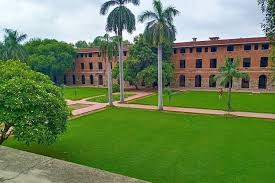
Miranda House College (MHC)
Established In: 1948
Approved by: NAAC.
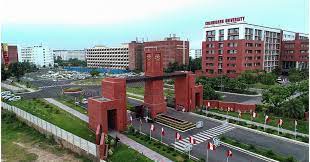
Chandigarh University
Established In: 2012
Approved by: NAAC.

